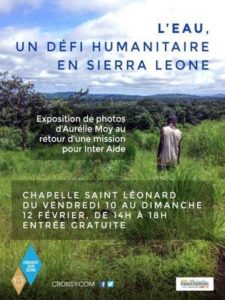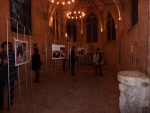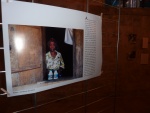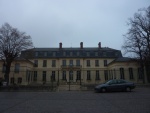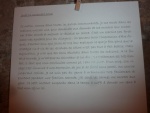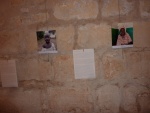Aurélie Moy did an internship of 6 months (September 2016 to February 2017) specifically on the topic of household water chlorination, sharing her time between Kamakwie and Makeni.
The main objectives of the study were:
- Assessing the acceptance of HHWT : checking if all communities and all households among them are still treating regularly and buying chlorine, if not why
- Evaluating the impact on the health of such option
- Understanding how long can last the effect of chlorine and which factors can influence its strength
Main outputs are:
- 100% of communities continue HHWT, (survey of 64 communities out of 107 in whole Bombali district)
- 80% of pots have treated water at all times (survey of 340 pots in 29 communities)
- Introduction of HHWT has a strong positive impact on health in the communities: Prevalence of diarrhoea of Children under 5 years drops from 12% to nearly 0% (although these are only global tendencies).
- Remanence of chlorine and its strength is mostly influenced by the initial quality of water, cleanness of the containers rather than an eventual gap in conditions of storage or the quality of bleach that can be found in the local shops. It also shows that rain water has to be treated as it can be contaminated during collection
See complete results on the website Pratiques
www.interaide.org/pratiques/content/study-household-water-chlorination-sierra-leone-december-2016?language=en
Aurélie did an exhibition to explain her work and to transmit what were her feelings all along this intense mission.
Some pictures of the exhibition in la Chapelle St Léonard, Croissy-sur-Seine…


